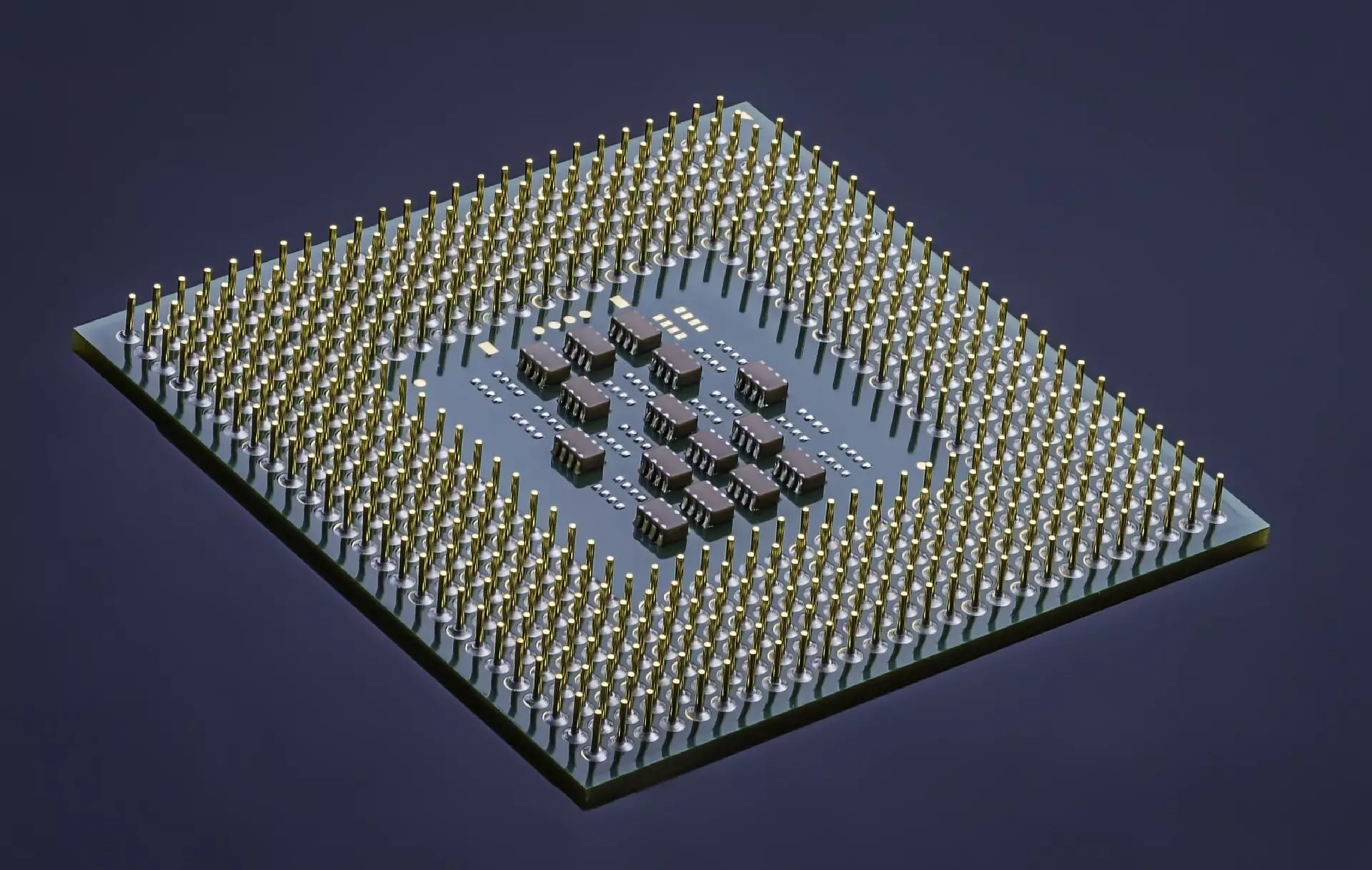On Friday, the UK government took a significant step in bolstering its defense capabilities by acquiring a crucial semiconductor factory in Newton Aycliffe, located in northeast England. This facility is uniquely positioned as the only secure site in the UK capable of manufacturing gallium arsenide chips, which are essential components for a variety of electronic devices, including those utilized by the military. The closure of this factory posed a serious risk to the supply chain for Britain’s armed forces, prompting immediate government action to avert potential setbacks in military readiness.
Semiconductors form the backbone of numerous technologies integral to both everyday life and national defense. As articulated by Defense Secretary John Healey, these components are essential not only today but will continue to play a crucial role in the UK’s military capabilities in the future. Gallium arsenide chips, in particular, enhance the operational performance of fighter jets and various other military platforms. This acquisition can be perceived as a proactive measure aimed at safeguarding national interests amid global uncertainties.
The acquisition of the semiconductor factory, which has been renamed Octric Semiconductors UK, underscores the UK government’s commitment to supporting domestic defense production. By investing approximately £20 million ($27 million) in this strategic asset, the government is sending a clear message about the importance of maintaining a self-sustaining defense supply chain. This initiative aligns with broader governmental efforts to bolster local manufacturing capabilities in the face of increasing competition from global powers, particularly in the semiconductor arena.
In addition to securing jobs—an estimated 100 positions as indicated by the Ministry of Defense—this purchase is projected to have a significant ripple effect on the UK’s economy. The global semiconductor market is on track to exceed $1 trillion by 2030, highlighting the growing importance of this sector. By positioning itself as a player in the semiconductor sphere, the UK can enhance its economic resilience and reduce dependency on foreign suppliers amid escalating geopolitical tensions.
Challenges Ahead
While the acquisition is a commendable step towards fortifying the UK’s technological and defense landscape, challenges remain. The factory’s previous connection to US tech giant Apple and the reported end of its major contract raises concerns about the long-term viability of the facility. Moreover, as the UK seeks to establish itself as a leader in semiconductor production, it will need to navigate a competitive landscape dominated by the United States and China, both of whom are investing heavily in technology advancements, including artificial intelligence and next-generation telecommunications such as 6G.
Overall, the UK government’s acquisition of the semiconductor factory marks a pivotal move in securing national defense capabilities and reinforcing local manufacturing efforts. As the world becomes increasingly digitized and dependent on advanced technologies, investments in critical industries like semiconductors will play a defining role in the UK’s future, both economically and strategically. While there are challenges to overcome, this initiative is essential for fostering a robust defense ecosystem that can withstand the evolving demands of modern warfare and technological innovation.

